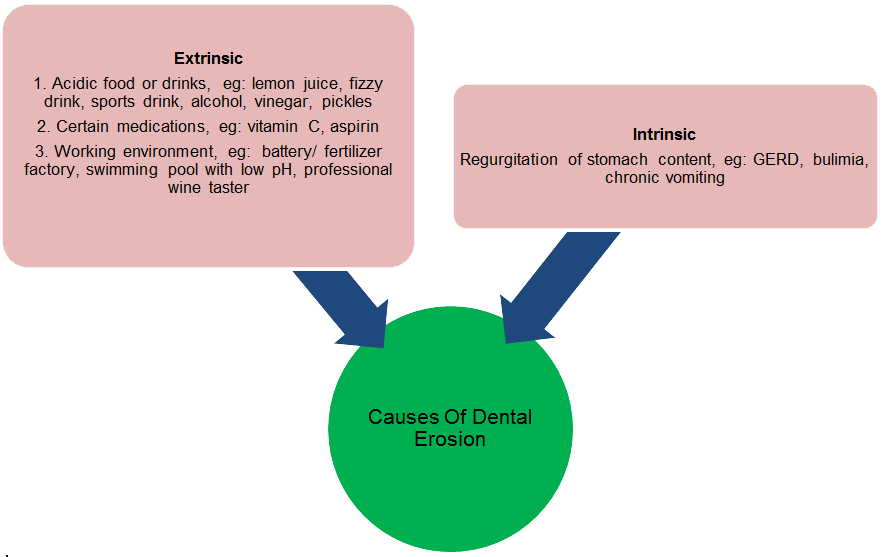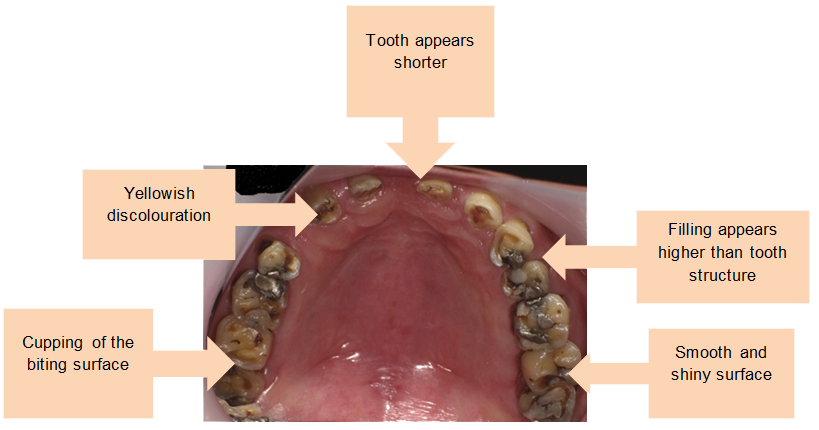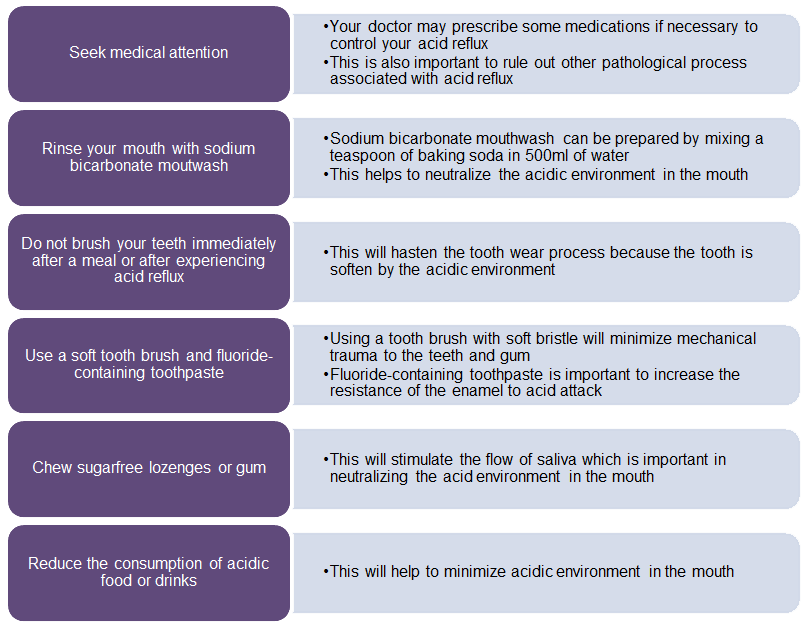Have you ever experienced tooth sensitivity, especially with cold drinks?
Do you notice your teeth are becoming shorter, yellowish, or the shape of your teeth is changing over time?
Do you sometimes experience heart burn?
If you answered yes to all the questions above, you may be experiencing acid reflux which can be the underlying cause of the changes to your teeth.
Sounds weird how acid reflux could change the appearance of our teeth?
Yes, acid reflux can indeed cause some changes to our teeth but how?
Let us go through what is acid reflux.
What is acid reflux?
Our stomach is filled with acidic juices or gastric juices that aids digestion. The stomach content is prevented from flowing back into the esophagus by a muscle ring called lower esophageal sphincter. Under normal circumstances, this muscle ring relaxes to allow food from the esophagus to enter into the stomach and tightens to prevent food and acidic juices from returning back into the esophagus. This is one of the body’s protective mechanisms. However, when the muscle ring is weakened, the acidic juices from the stomach is allowed to flow back up into the esophagus. This condition is called acid reflux, acid regurgitation or gastroesophageal reflux disease (GERD).
Acid reflux can cause symptoms such as
- Heart burn or chest pain mimicking a heart attack, especially after a heavy meal
- Acidic taste in the mouth
- Change in voice
- Difficulty in swallowing.
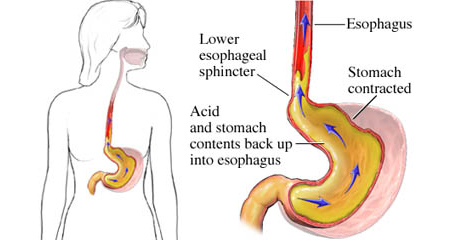
So, how could this relate to our teeth?
We need to first understand the structure of the tooth.
Our teeth are made up of enamel, dentine, cementum and pulp chamber that contains small nerves and blood vessels. The outer layers of the tooth protect the pulp from mechanical, thermal or chemical injury. When these protective layers are destroyed, the pulp is irritated which can cause tooth sensitivity or sometimes severe toothache.
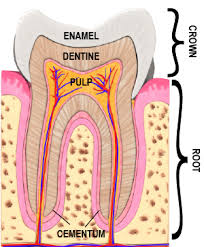
In a person who experiences acid regurgitation, the mouth becomes acidic due to the juices that comes from the stomach. When the mouth is exposed to this acidic environment, the enamel and dentine on the tooth is being dissolved slowly. When this occurs repeatedly over a long period of time, an irreversible loss of these tooth structures occurs. This condition is called dental erosion. Dental erosion is the loss of tooth surface due to prolonged or repeated exposure to acidic environment in the mouth not involving bacteria. Interestingly, some people experience tooth surface loss due to a combination of chemical and other mechanical causes such as clenching of teeth and overzealous tooth brushing.
What are the signs to look for if you suspect you are experiencing dental erosion?
You will notice the following changes to your teeth:
- Teeth appear shorter
- Yellowish discolouration
- The inner or biting surface of teeth turns shiny and smooth
- The biting surface of teeth becomes concave (cupping)
- Fillings appear higher than the surrounding tooth structure
Apart from dental erosion, acid reflux can sometimes cause other symptoms to the oral cavity including:
- Burning sensation in the mouth
- Sensitivity of the tongue
How to minimize the risk of dental erosion if you have acid reflux?
Acid reflux is a treatable condition and dental erosion due to acid reflux is preventable. It is important for you to seek for medical advice concerning the acid reflux as damages to structures other than the teeth may be occurring at the same time. If your teeth are showing signs of dental erosion, you should seek for a dental consultation as early as possible so that preventive measures can be undertaken in order to prevent further damage.
References
- Lazarchik D, Filler S. Effects of gastroesophageal reflux on the oral cavity. The American Journal of Medicine 1997;103(5):107S-13S.
- Amaechi BT, Higham SM. Dental erosion: possible approaches to prevention and control. Journal of Dentistry 2005;33(3):243-52.
| Last Reviewed | : | 28 September 2016 |
| Writer | : | Dr. Eileen Yap Ai Ling |
| Accreditor | : | Dr. Siti Zaleha bt. Hamzah |


